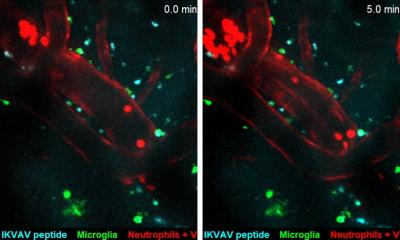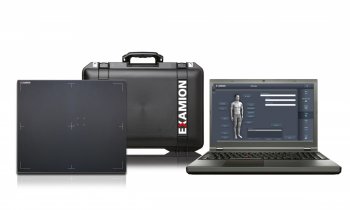Don't just go there!
Many medical organisations have warned that no one who wishes to help in the relief work in tsunami-hit regions should travel there individually, i.e. without being officially affiliated with an already involved organisation.
The World Health Organisation (WHO) has a web page that not only provides information about the recruitment of emergency specialists but also about donations in kind, which includes drug donations.
In January, The International Council of Nurses (ICN) (http://icn.ch/disasterprep.htm) offered the following guidance to member national nurses associations (NNAs) and individual nurses worldwide: ‘Many nurses have expressed willingness to volunteer for relief work in the worst hit areas. Currently there is no capacity to absorb any further relief workers on the ground. However, the relief effort and subsequent reconstruction will be long-term and nursing skills will be needed for many months to come. It is important that nurses who wish to volunteer are part of a comprehensive plan to mobilise the right number of properly prepared health professionals. This is best accomplished by working through, and registering with, your national nurses association and/or the national branches of the major disaster relief agencies - such as the Red Cross, Red Crescent and others. It is not advisable for individual nurses to travel to the disaster struck area on their own.
ICN suggests that nurses wishing to volunteer for the disaster relief agencies should:
• Contact their national nurses associations or the relevant national disaster relief organisation for full information on volunteering services on the ground
• Update vaccinations appropriately
• Update all relevant skills and training
• Ensure that their current place of employment can cope with and plan for staff absences.
National nurses associations can:
• Coordinate with the national disaster relief societies regarding the need for nurse volunteers
• Provide contact and further information for nurses wishing to volunteer
• Maintain a roster of nurses wishing to volunteer and make this information available to disaster relief organisations.
The ICCN also added: ‘Your country may have communities of citizens who originate from the affected countries and these communities may be in need of both funding and moral support. Lobby your government to give sufficient aid and to sustain this support as long as it is needed, while remembering the continuing needs of developing countries in Asia, Africa and elsewhere.’
01.03.2005






